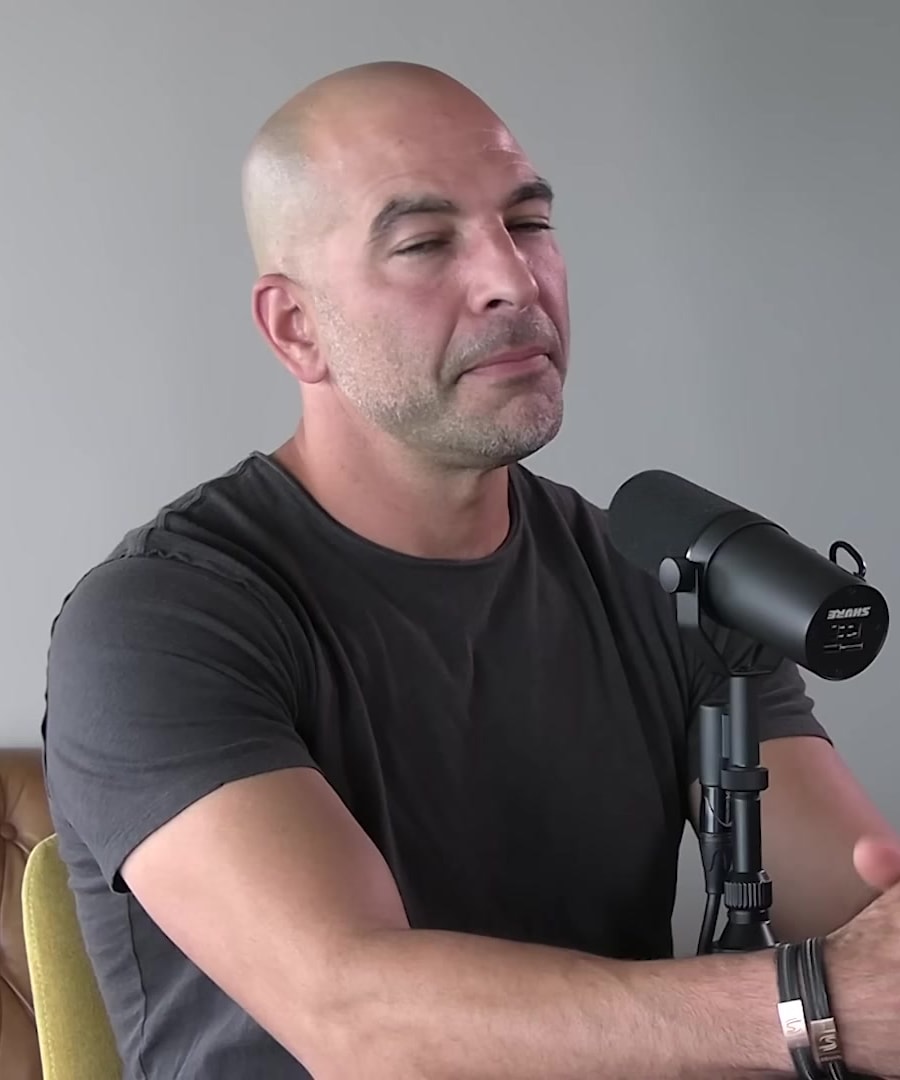I heard that they do not give estrogen-enhancing drugs in menopause to those with a family history of cancer, is it true?
Sources:
does mention there's concern about supplementing estrogen in individuals who have a family background of breast cancer or are concerned about breast cancer for any reason, noting many breast cancers are estrogen-dependent. This is why drugs like Tamoxifen and Anastrozole, which block estrogen receptors or the enzyme aromatase, were initially developed. Although these drugs are now sometimes discussed in different contexts, their original intent was to prevent estrogen from binding to estrogen receptors as part of breast cancer treatment. Therefore, he strongly emphasizes the importance of talking to a doctor before considering any estrogen therapy or supplements, given these potential risks 1.
Moreover, Dr. Peter Attia, another expert featured on the , also discusses hormone replacement therapy and mentions that the absolute risk increase of breast cancer in a particular study on estrogen plus MPA (medroxyprogesterone acetate) was very small (from 4 cases per thousand to 5 cases per thousand), although the relative risk was reported as a 25% increase. This highlights how interpreting data out of context can lead to misleading perceptions of risk. He continues to discuss the role of synthetic progesterone (MPA) and suggests that it might have played a more significant role in the increased risk than estrogen alone. Dr. Attia advises considering all benefits and risks, including examining family history and personal genetic factors, when it comes to hormone replacement therapy 2.
Given these conversations, it's clear that there is caution around hormone replacement therapy, especially in the context of breast cancer, and any decisions should be made under the guidance of a healthcare provider with a full understanding of individual risks and benefits.
RELATED QUESTIONS
I heard that they do not give estrogen-enhancing drugs in menopause to those with a family history of cancer, is it true?
- RELATED QUESTIONS

